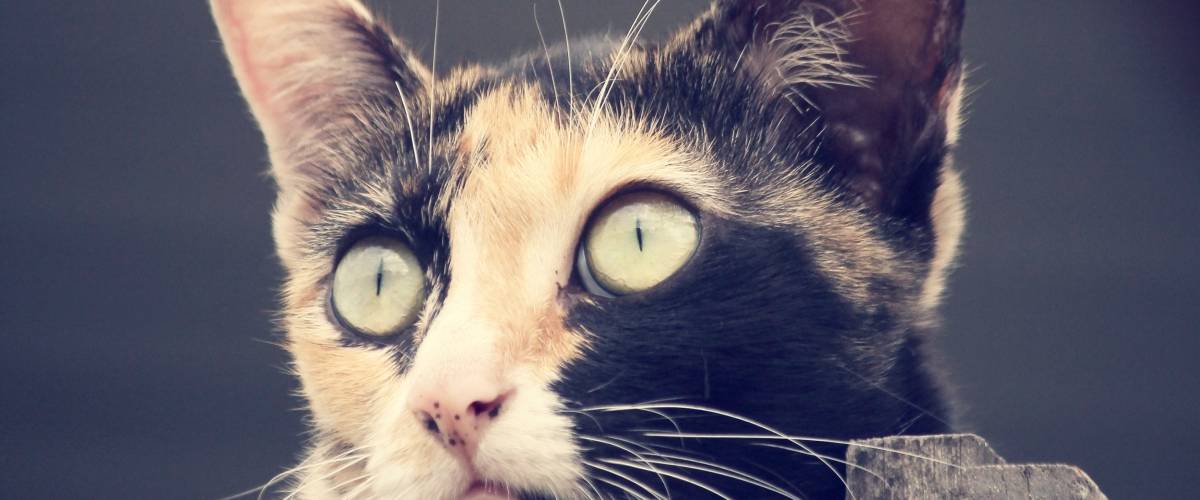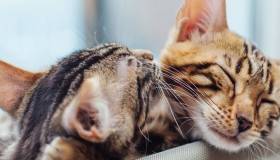
January 15, 2015 – The Humane Society of the United States estimates there are nearly 50 million “feral” cats in the United States, although numbers vary widely. Some of these free-roaming cats have owners, yet spend most of their time outside. Others are what the Humane Society defines as community cats, those that have been abandoned and are homeless, but were socialized. Still others are truly feral, meaning they’ve never been socialized.
Outdoor cats can pose several problems in communities, including predation on other animals, such as birds, and providing a reservoir for diseases to flourish.
How do you address this enormous problem when you have many different stakeholders, sometimes with very different viewpoints? Morris Animal Foundation actively helps to find solutions to health problems that affect homeless cats. Since 1996, we’ve funded 18 studies focused on humane and creative ways to address the unique issues of feral cat control and shelter cat welfare.
One area of study has been the management of feral cats. Through various Foundation-funded projects, researchers have studied population dynamics, improved reproductive management and developed new ways to facilitate productive discussions and build consensus among stakeholders who initially disagree on how to best manage homeless cat populations.
Our studies have also looked at how to decrease stress and resultant illness in cats that arrive in a shelter or rescue agency. It is well recognized that stress predisposes cats to disease. Morris Animal Foundation–funded researchers have explored different ways to decrease stress in these vulnerable cats, including redesigning cage setups to provide hiding places and providing environmental enrichment. Other researchers have studied ways to minimize the spread of contagious disease in closely housed cats, and additional studies have looked at practical, inexpensive ways to treat feline infectious diseases. These efforts have resulted in new management recommendations that have enhanced the well-being of cats in shelters everywhere.
By investing in studies such as these, Morris Animal Foundation has helped veterinary scientists tackle the issue of homeless cats from all angles. We will continue to support innovative studies that address the health and welfare concerns affecting these vulnerable animals.




